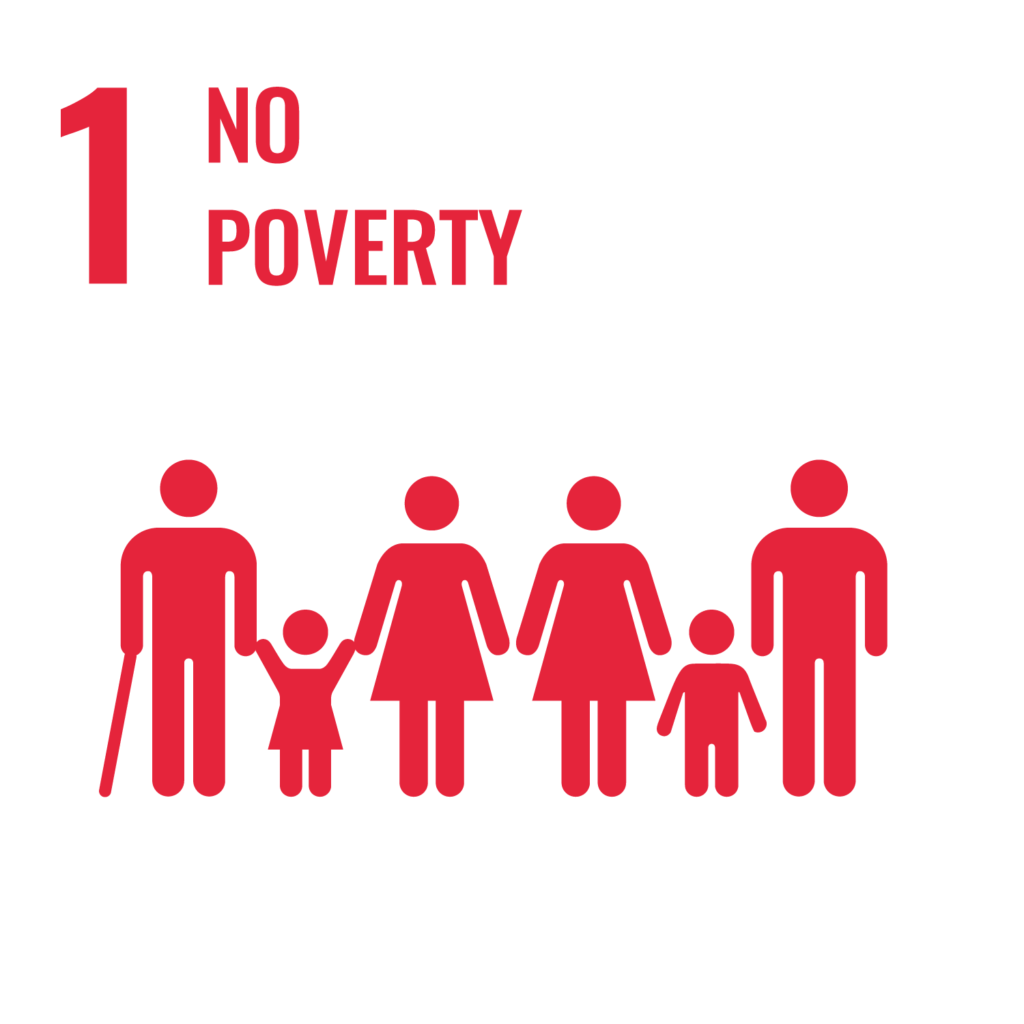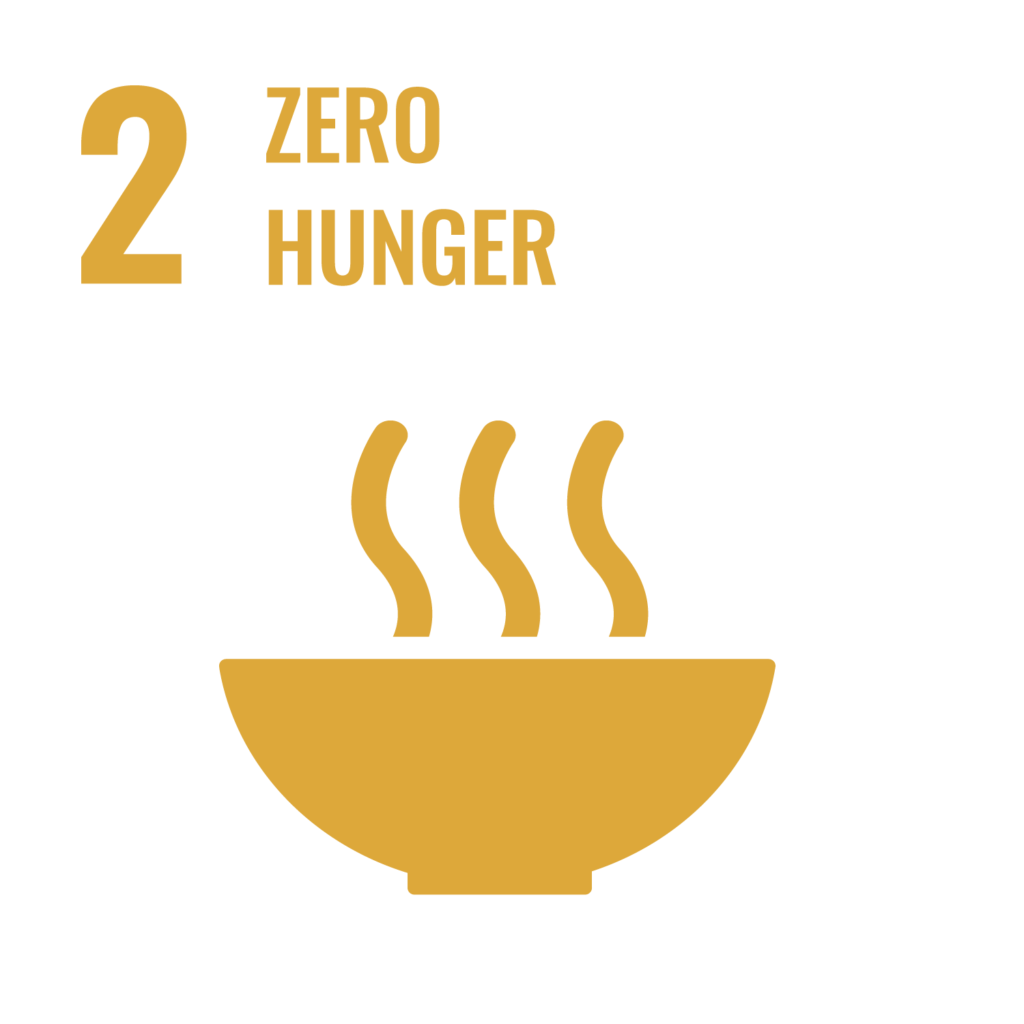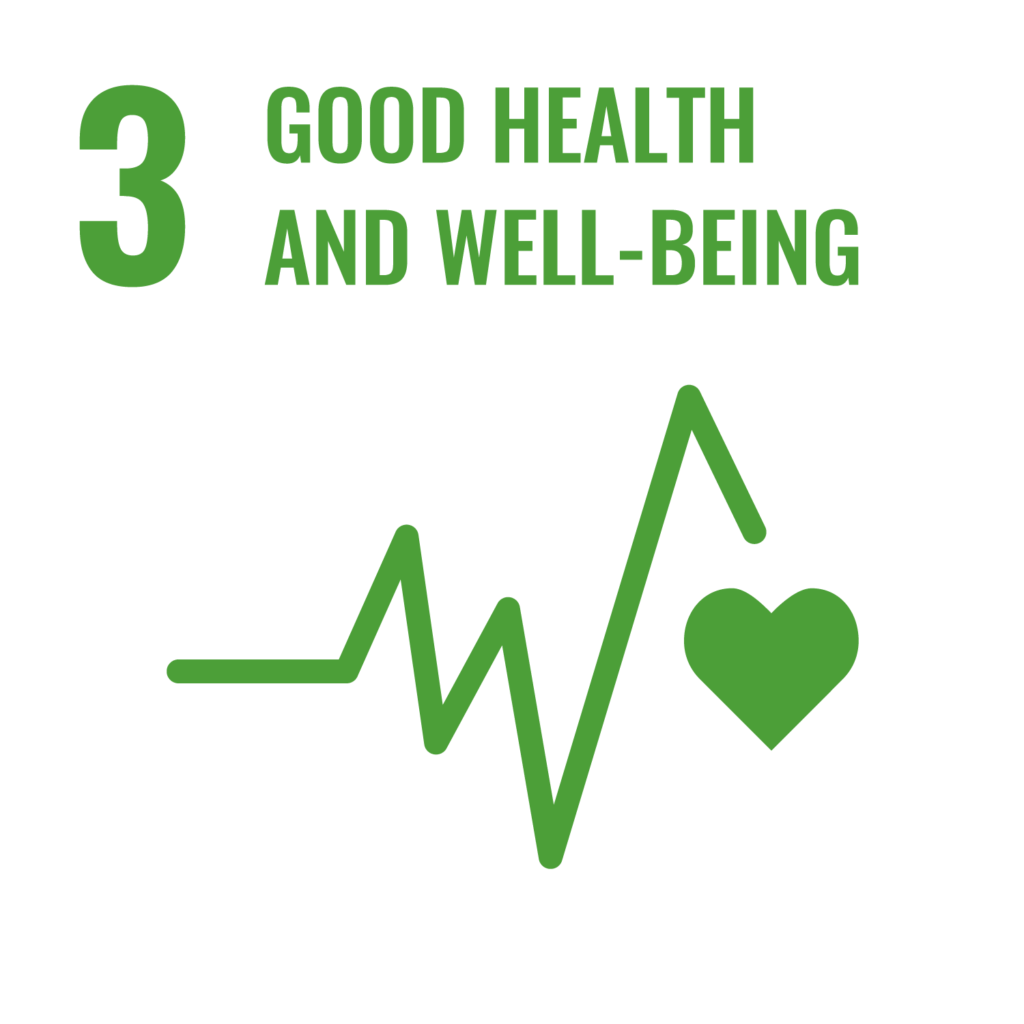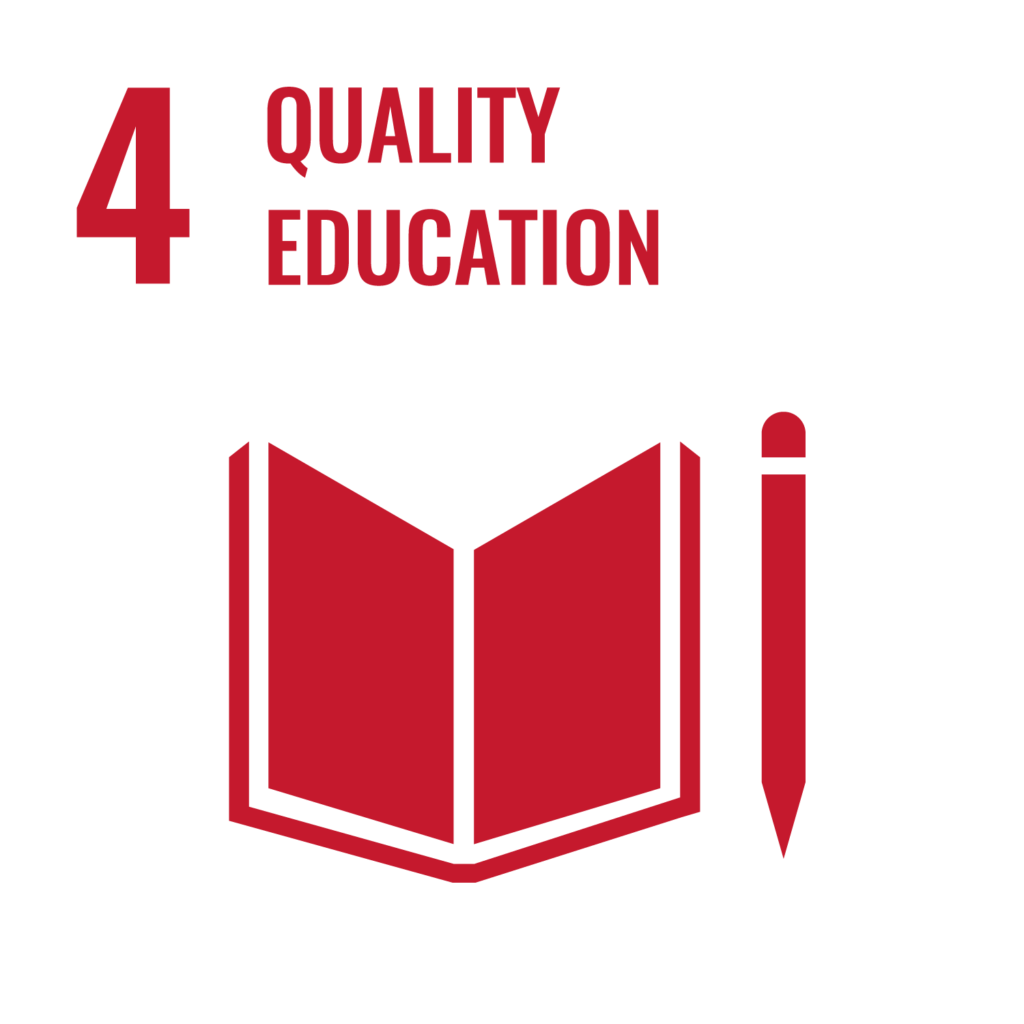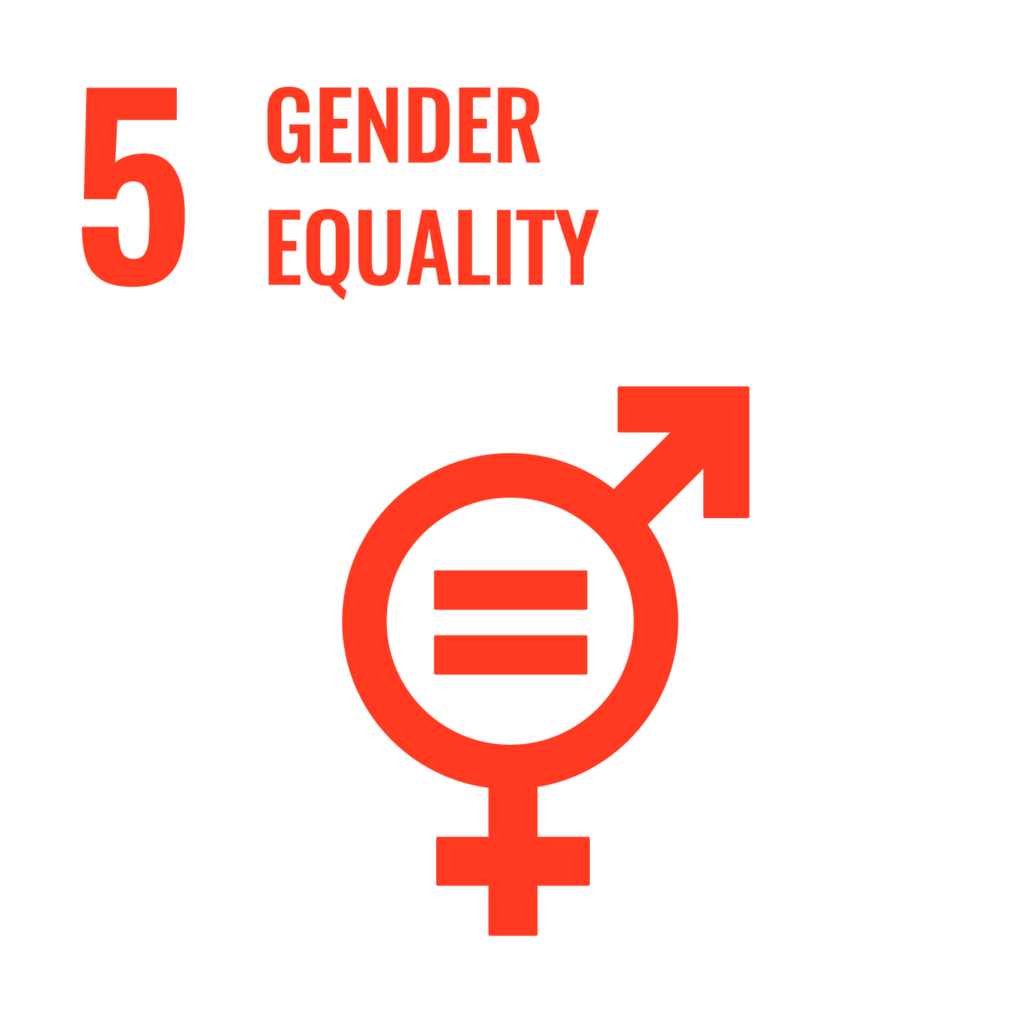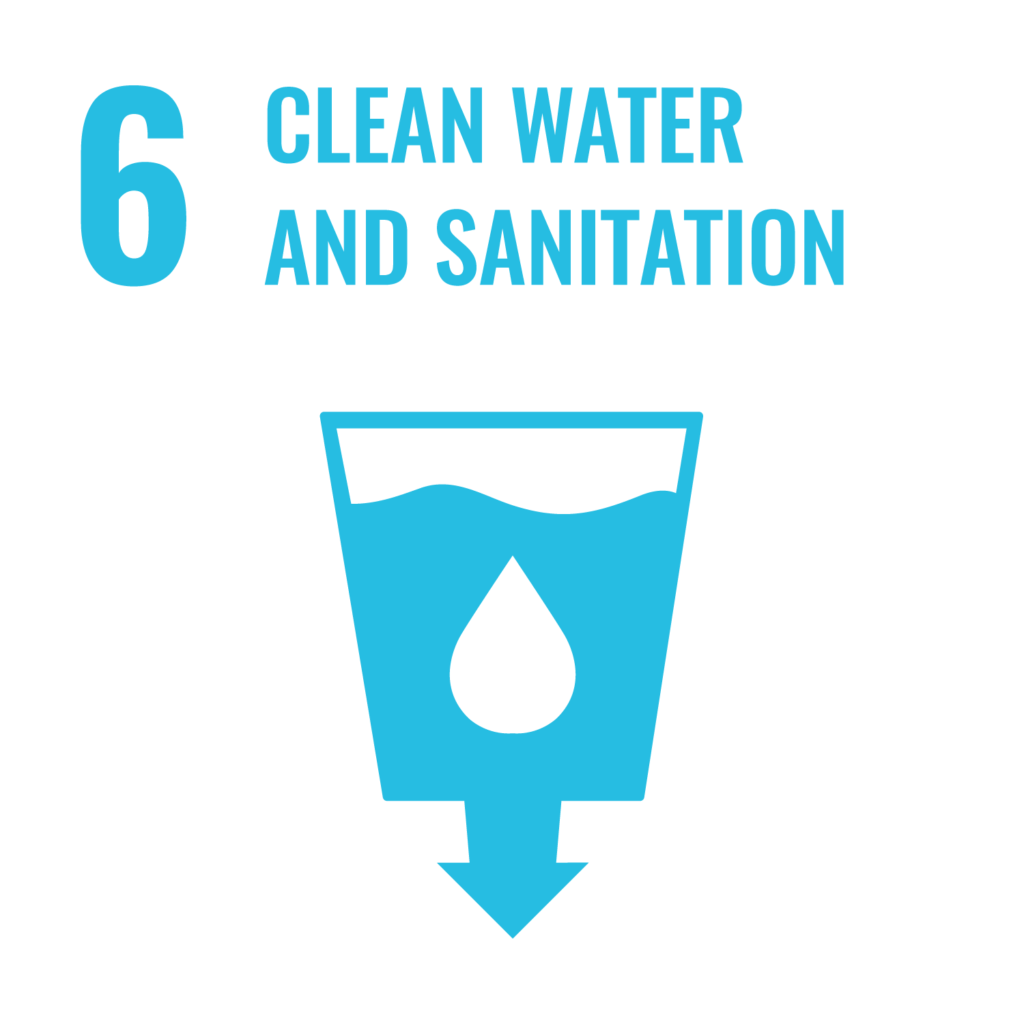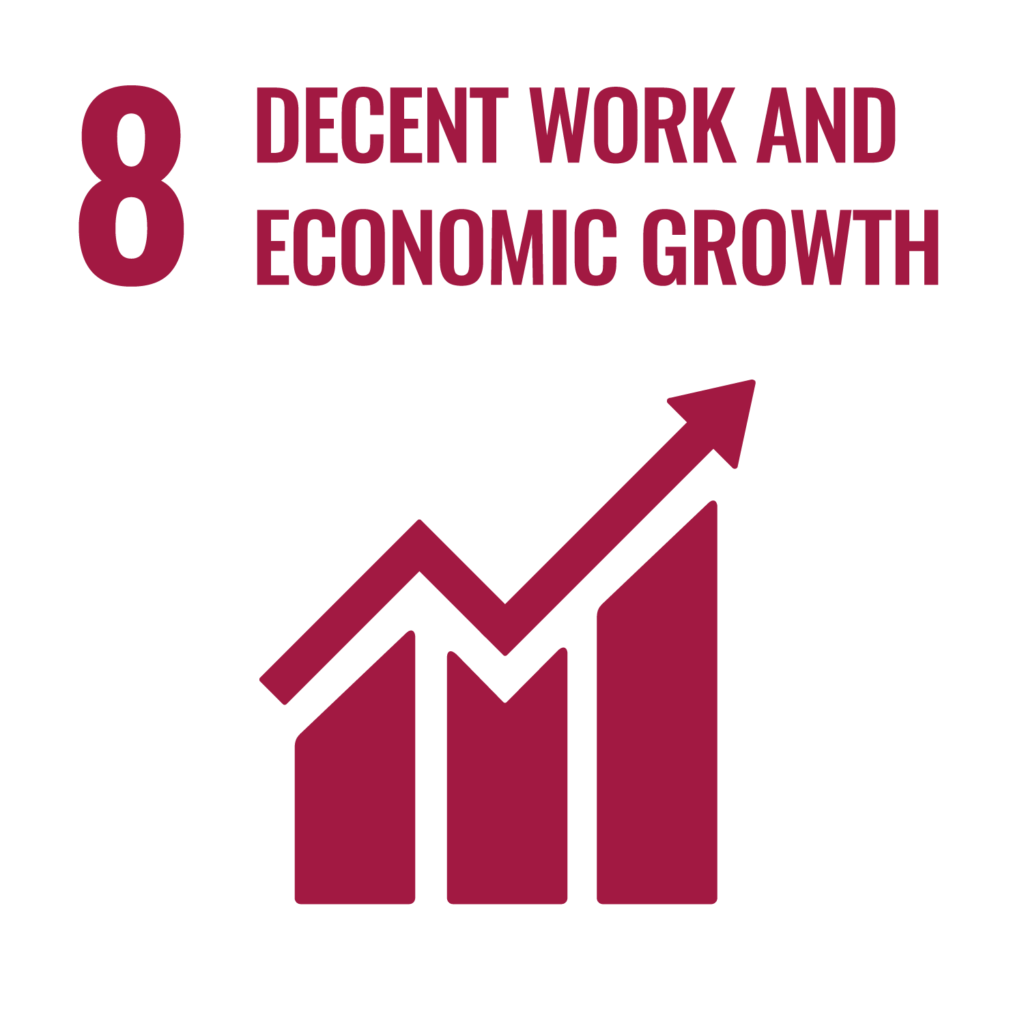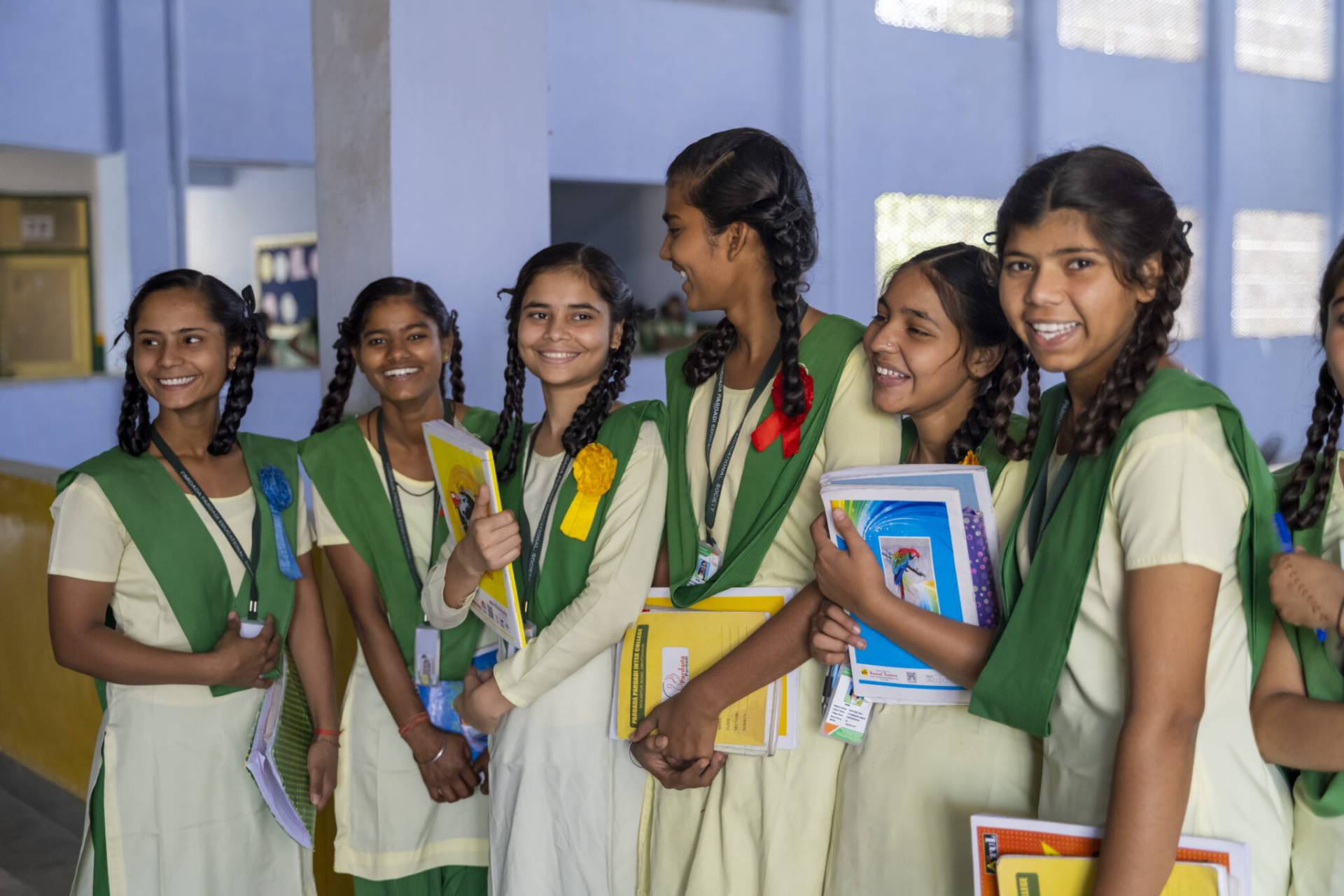
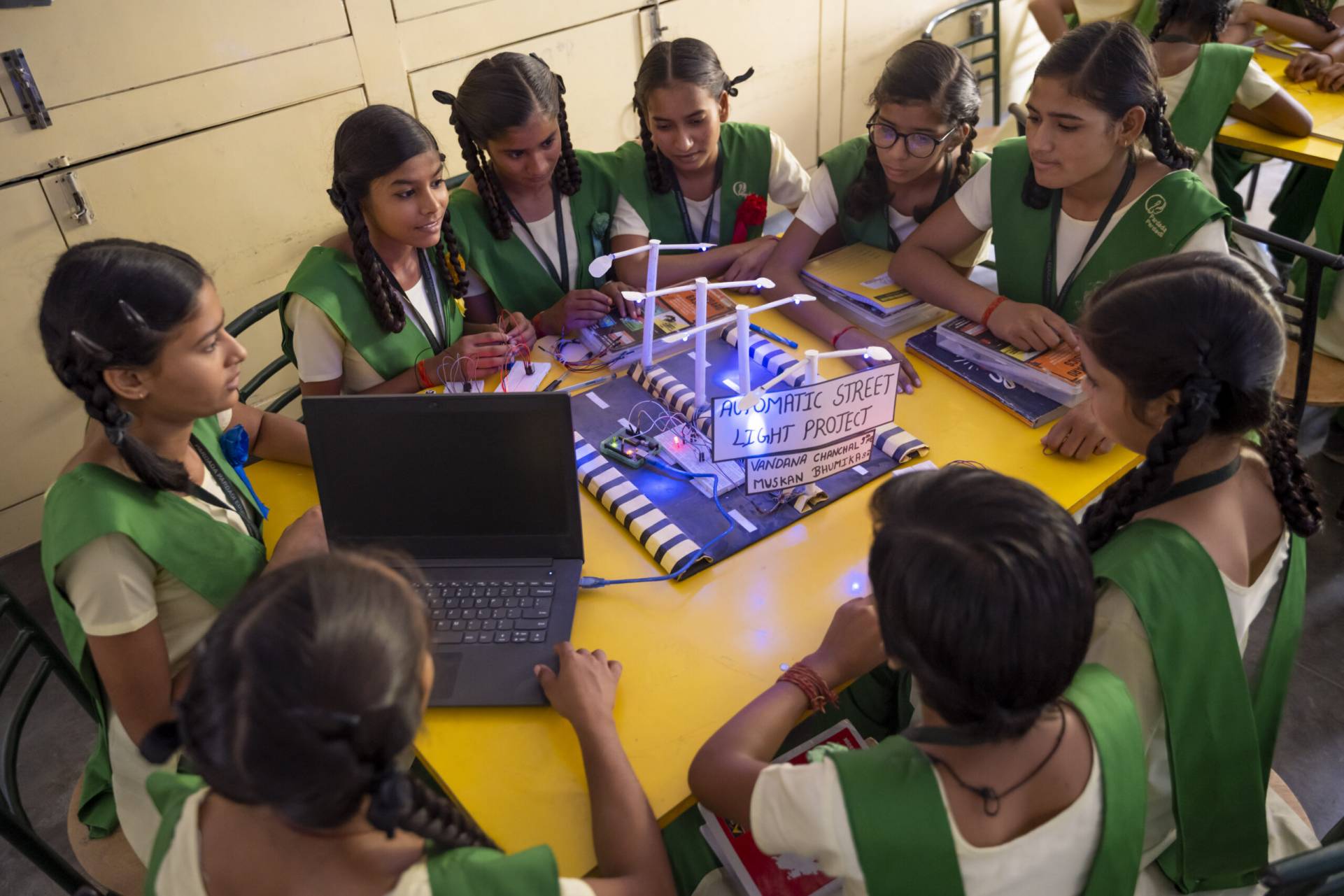
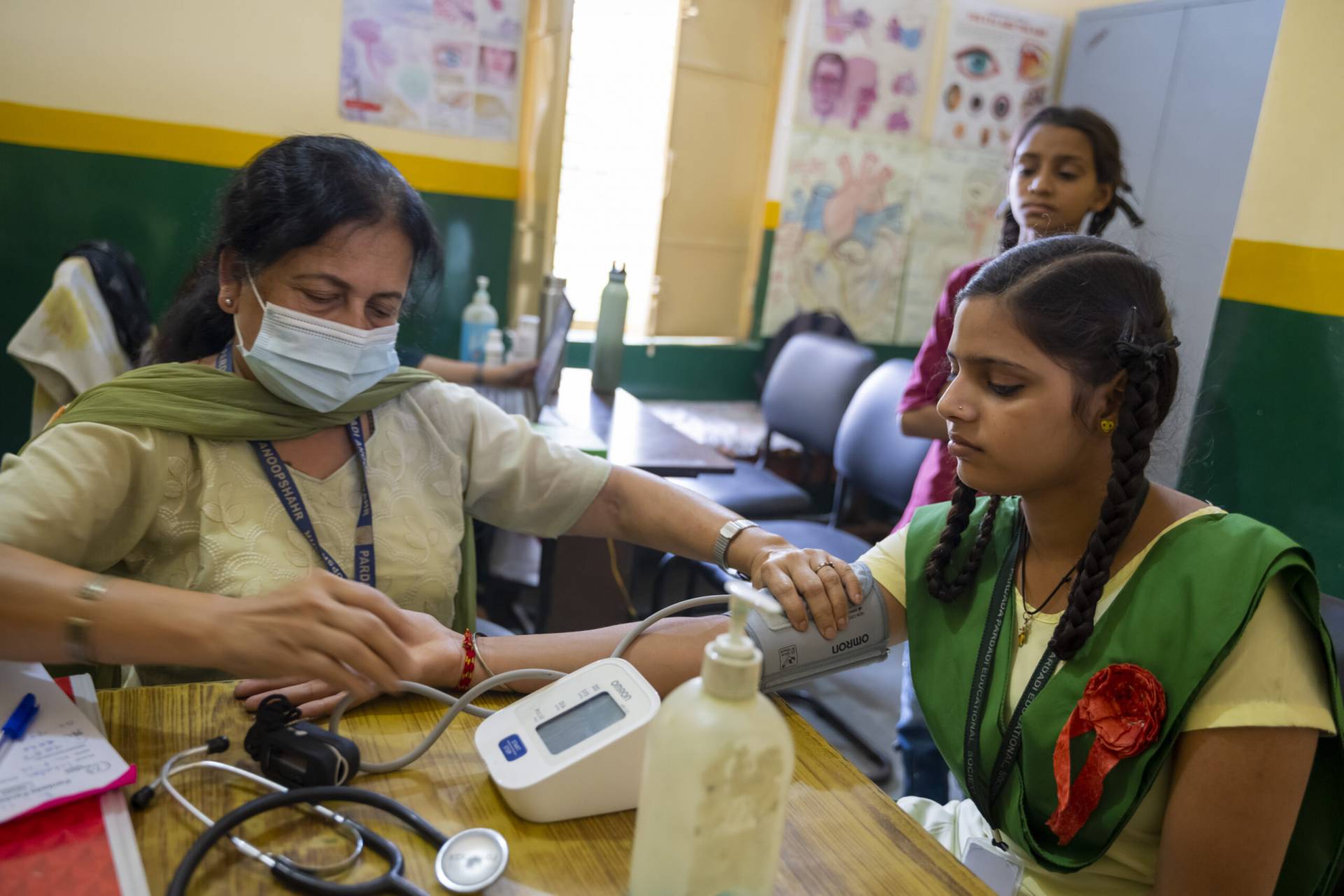
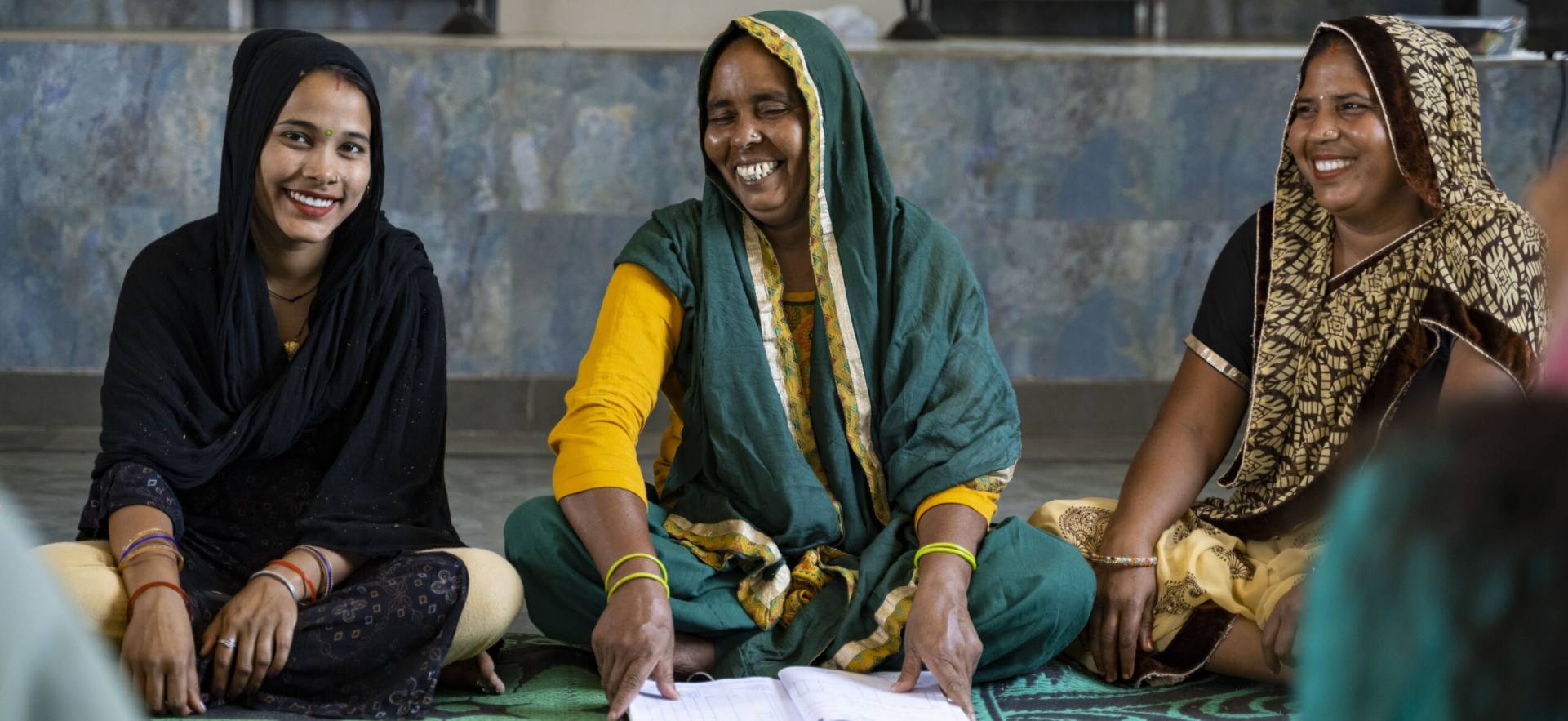
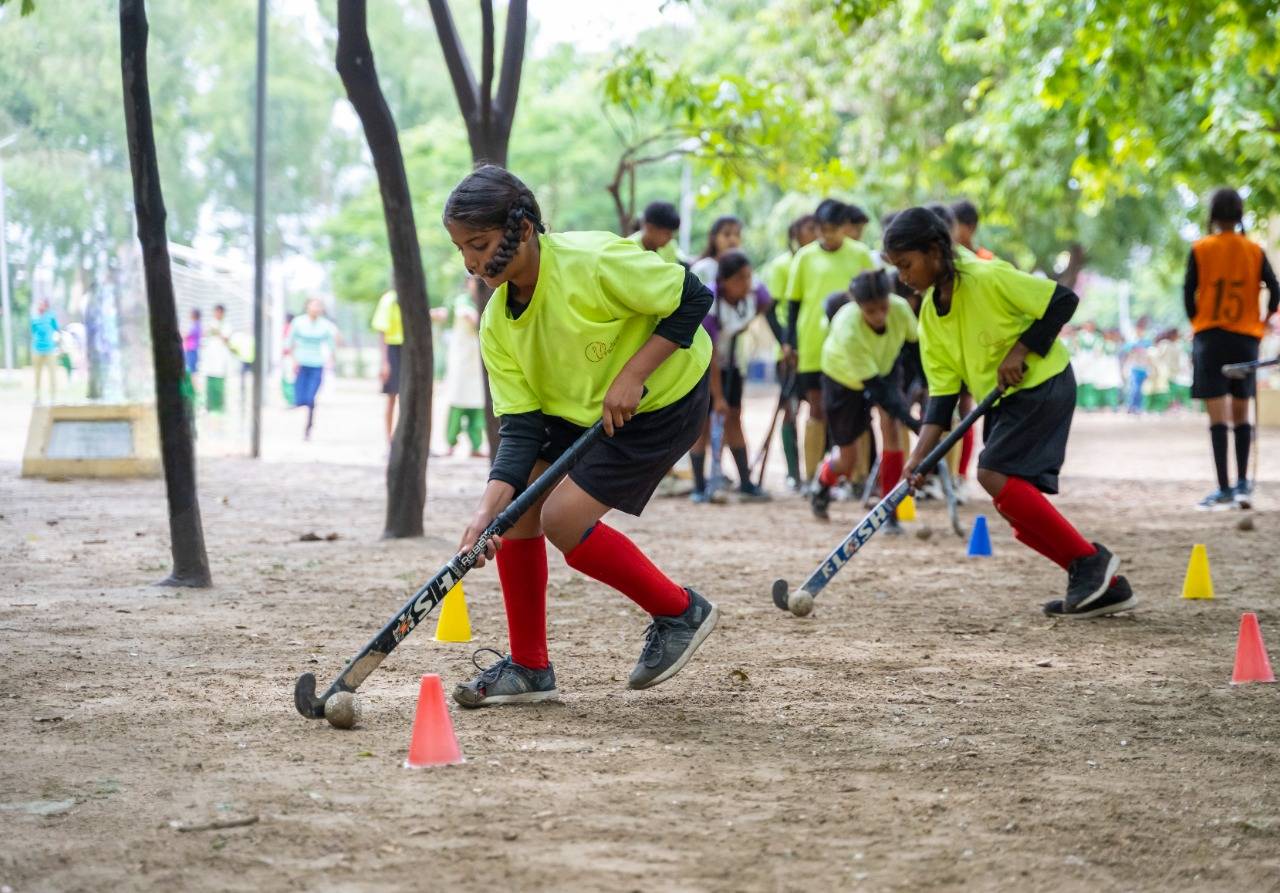
Slide 1
Investing in girls education improves their lives and builds strong communities for tomorrow
Slide 1
PPES provides success oriented learning outcomes.
Slide 1
Preventive and curative health care is an integral part of PPES programmatic approach.
Slide 1
Women are empowered and nurtured to become leaders and changemakers.
Slide 1
Creating overarching aspiration for diverse careers and their growth.





Slide 1
Investing in girls education improves their lives and builds strong communities for tomorrow
Slide 1
PPES provides success oriented learning outcomes.
Slide 1
Preventive and curative health care is an integral part of PPES programmatic approach.
Slide 1
Women are empowered and nurtured to become leaders and changemakers.
Slide 1
Creating overarching aspiration for diverse careers and their growth.
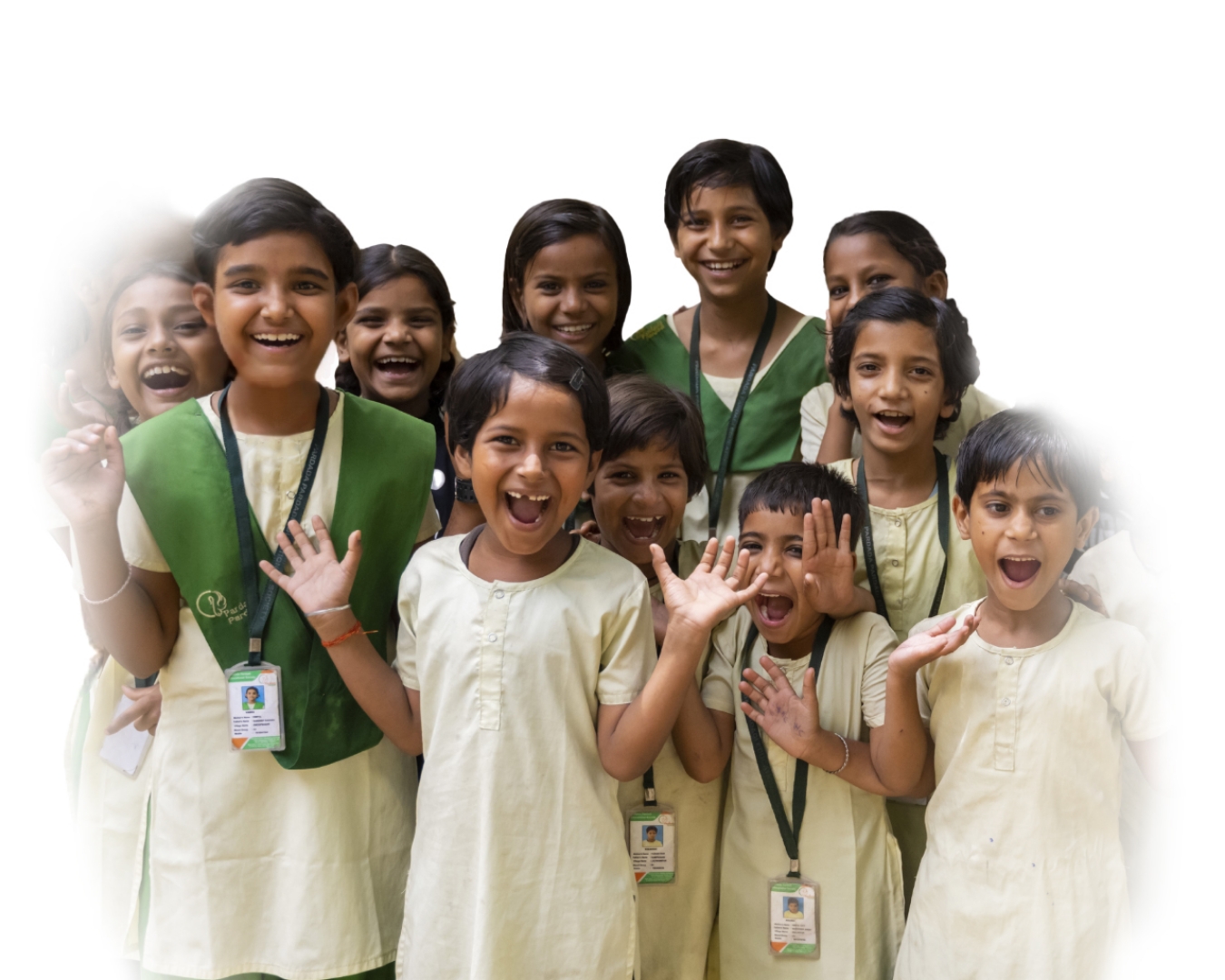
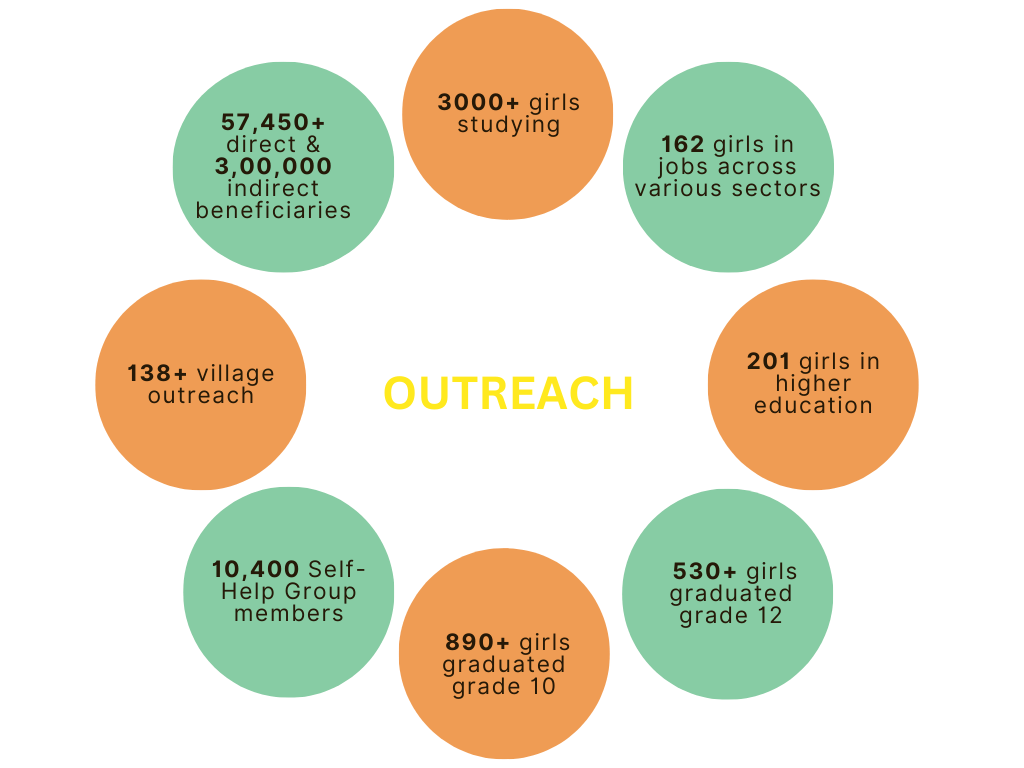
“We stand for those for whom nobody stands and keep nurturing them till they achieve and enter the mainstream! “
Anupshahr tehsil in district Bulandshahr has 6000 families below poverty line, who are economically and socially vulnerable. In the year 2000, Pardada Pardadi started to tackle the issue of generational poverty and break the patriarchal cycle by providing free education to rural girls and creating a new generation of self-reliant and independent girls. With 3000 girls enrolled in school, today we have 144 girls studying in the universities and 158 girls working across diversified sectors around the globe.
Founder- Virendra “Sam” Singh


